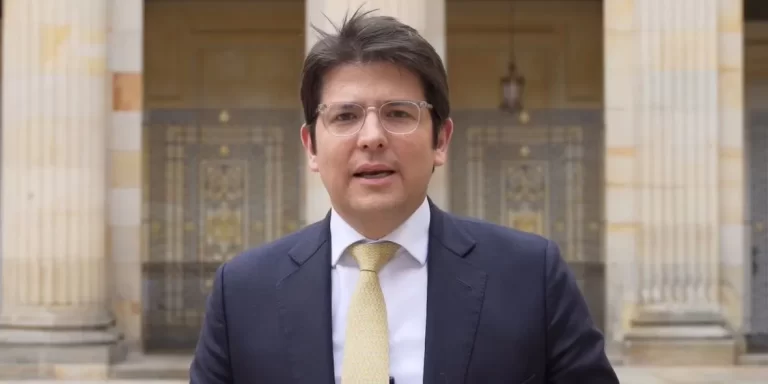[ad_1]
LONDON (Reuters) – Britain is considering measures to restrict immigration for all but the highest-skilled EU workers, a leaked government document said, plans some companies called alarming and an opposition lawmaker described as “plainly cruel”.
Prime Minister Theresa May told parliament that while immigration had been good for the economy, last year’s vote to leave the European Union showed that people wanted to control the flow of people coming into the country.
But companies, especially those in the catering, social care and retail industries which depend on the steady stream of workers from abroad, say they fear a restrictive immigration policy will leave them unable to hire the staff they need.
In the document, leaked to the Guardian newspaper and marked “draft – official sensitive”, the interior ministry said Britain was changing its focus to make sure, where possible, British companies take on British workers rather than migrants.
“Put plainly, this means that, to be considered valuable to the country as a whole, immigration should benefit not just the migrants themselves but also make existing residents better off,” the document said.
A ministry spokesman said the government did not comment on leaked draft documents and would set out its initial proposals on immigration controls later in the year.
May, who as home secretary was in control of migration for six years before becoming prime minister, said the flow of migrants must be controlled to ease the pressure on public services such as schools and hospitals, and to protect those hardest hit at “the lower end of the income scale”.
Net migration, which the latest figures put at 246,000, is still far higher than what May describes as “a sustainable level”.
PLATFORM FOR DISCUSSION
The government has said it will listen to the results of a year-long study into the impact of migration it commissioned in July from the Migration Advisory Committee before coming up with firm proposals, and the leaked document described the proposals as “a platform for discussion”.
But some of the measures in the document are in keeping with earlier statements from home secretary Amber Rudd, who has said that Britain would have to work out a balance between the numbers needed by companies and pressure on public services.
That message was reinforced by Defence Secretary Michael Fallon on Wednesday, when he said the government would pursue a balanced immigration policy.
The document, dated August 2017, proposes that while highly skilled workers could get a work permit lasting three to five years, lower skilled workers may only be allowed to work in Britain for two years to limit the number “of EU citizens able to come to the UK”.
The changes would be introduced over time, and the government could place tough new restrictions on EU citizens’ rights to bring in family members, it said.
The proposed measures stung some employers, with Ian Wright, director general of the Food and Drink Federation, saying his industry would be “alarmed” by proposals that, if true, show “a deep lack of understanding of the vital contribution that EU migrant workers make … across the food chains”.
The director of manufacturing organisation EEF, Tim Thomas, said he was concerned whether lower-skilled workers would even want to come to Britain “on the basis there’s no family reunion, no pathway to ever settling here, and where their stay is limited to two years”.
Caroline Lucas, co-leader of the Green Party, said the plan not “just economically illiterate, it’s plainly cruel too”, while London Mayor Sadiq Khan said it was “a blueprint on how to strangle our economy”.
But for Brexit supporters, it was “a great step in the right direction for the UK to take back control of its borders”.
“The government is right to prioritise highly skilled and skilled migration,” said Steven Woolfe, a former member of the anti-EU UK Independence Party and a lawmaker in the European Parliament.
“Brexit Britain should continue to attract the brightest and best, whilst establishing strict control of unskilled labour.”
Additional reporting by Kylie MacLellan and David Milliken; Editing by Toby Chopra and Alison Williams
[ad_2]
Source link






Leave a Reply